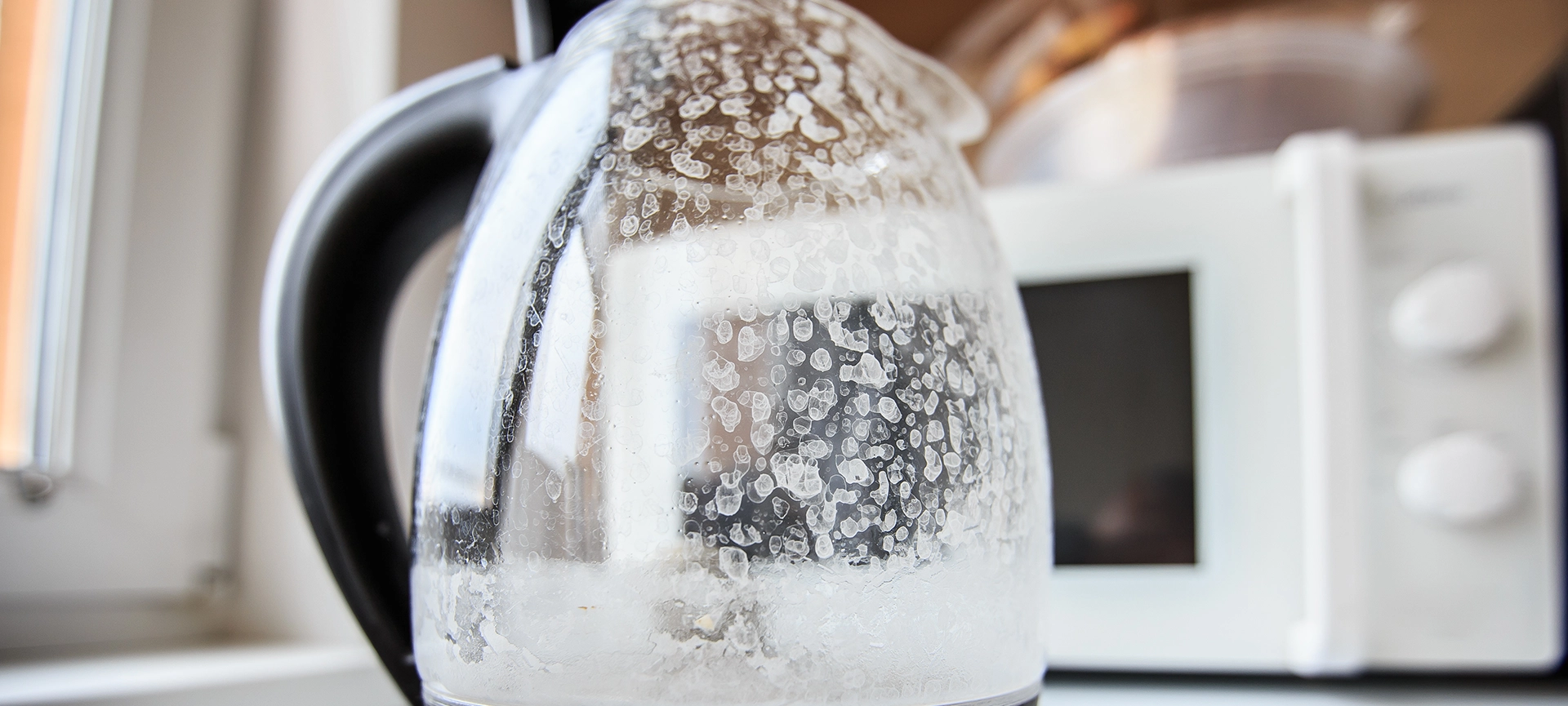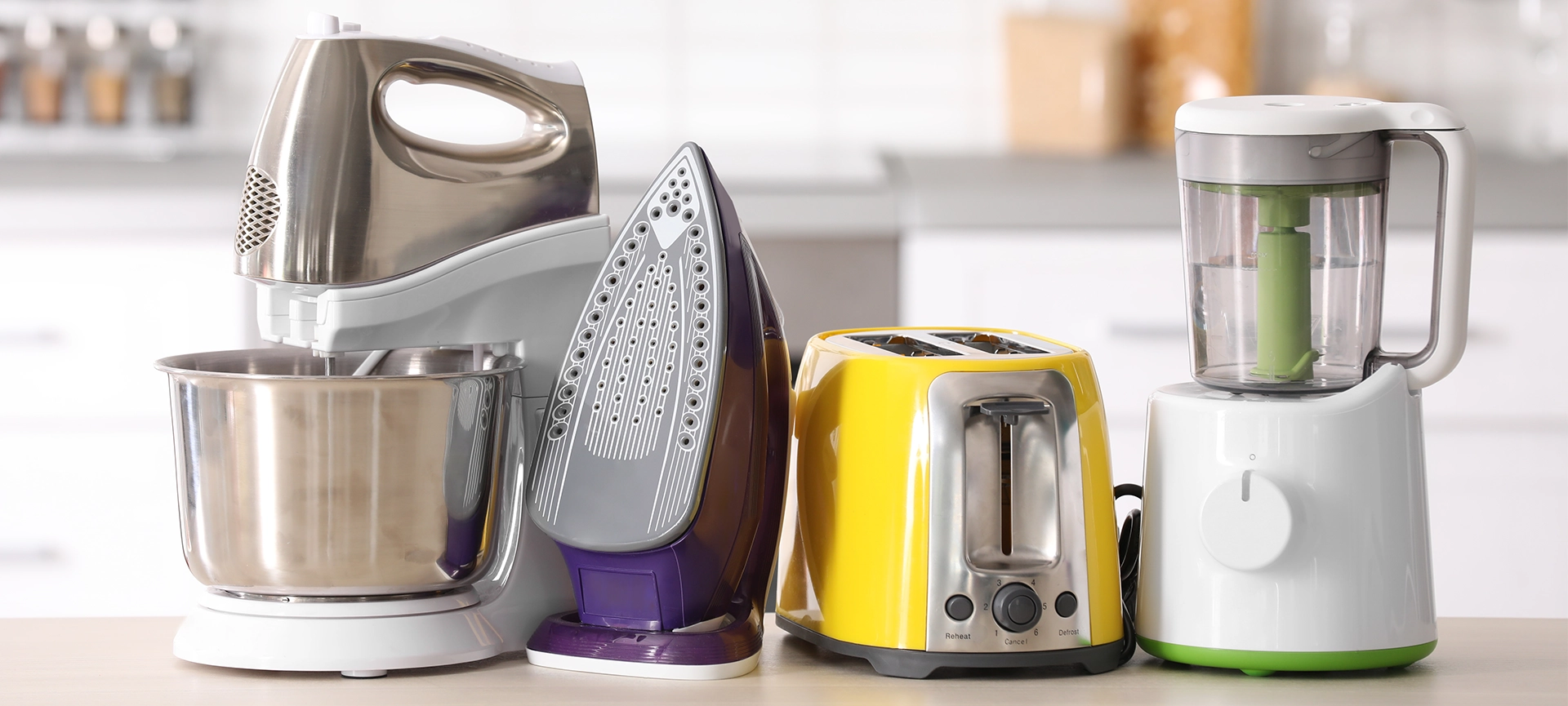Hard water is a common household concern that can have a significant impact on your appliances. According to estimation, over 85% of homes in North America have hard water, which contains elevated levels of minerals like calcium and magnesium.
While hard water is generally safe for consumption, it adversely affects appliances, particularly dishwashers and washing machines. For instance, reduced lifespan, scale buildup, and reduced performance are some of the impacts of hard water on your appliances.
In this blog, we’ll explore how hard water affects your appliances, and provide advice on preventing and mitigating the damage.
Understanding Hard Water
Hard water is characterized by its high mineral content, primarily calcium and magnesium. These minerals can leave deposits on various surfaces and can be particularly problematic when accumulating in your appliances.
Here’s how hard water affects your appliances:
- Scale Buildup: As hard water passes through your appliances, it leaves behind mineral deposits, commonly known as scale. Over time, this buildup can obstruct water pathways, impair heating elements, and reduce the overall efficiency of your appliances.
- Reduced Lifespan: The accumulated scale can lead to a shorter appliance lifespan. The stress and wear on internal components can result in premature breakdowns and costly repairs.
- Energy Inefficiency: Appliances dealing with hard water tend to consume more energy due to the insulating effect of scale. This, in turn, increases your energy bills and carbon footprint.
- Reduced Performance: The reduced efficiency caused by hard water can lead to diminished performance. Your dishes may not come out as clean, and your washer may not thoroughly wash your clothes.
Related Article: Fridge Repair Toronto: Common Problems and Solutions
Now, let’s delve into the impacts of hard water on specific appliances
Hard Water and Dishwashers
Our dishwasher repair experience indicates these devices are particularly susceptible to the effects of hard water due to their constant exposure to water and heat.
Here’s how hard water affects dishwashers:
- Scale Buildup in Spray Arms and Jets: Scale can accumulate in the dishwasher’s spray arms and jets, leading to poor water distribution. This results in less effective cleaning, leaving spots and residue on dishes.
- Clogged Filters: The dishwasher’s filter can become clogged with scale, reducing its effectiveness in trapping food particles. This means that leftover debris can be on the dishes.
- Heating Element Damage: Scale buildup on the heating element can diminish efficiency, leading to longer cycle times and increased energy consumption.
Hard Water and Washing Machines
Washing machines are also prone to hard water damage. Here’s how it affects them:
- Residue on Clothes: Hard water can prevent detergents from dissolving properly, leaving a soap-scum residue on your clothes. This can lead to dingy and dull-looking garments.
- Clogged Water Inlet Valves: The water inlet valve in your washing machine can become clogged with scale, restricting water flow and potentially causing leaks.
- Reduced Cleaning Power: As with dishwashers, the scale buildup in washing machines can affect their cleaning efficiency. This can lead to the need for extra cycles to achieve clean clothes, resulting in increased water and energy usage.

Mitigating and Preventing Hard Water Damage to Your Appliances
The good news is that you can take several steps to prevent and mitigate the impact of hard water on your appliances:
Water Softeners
Installing a water softener is one of the most effective solutions. Water softeners remove the minerals responsible for water hardness, preventing scale buildup in your appliances.
Descaling Agents
Use descaling agents or tablets regularly in your dishwasher and washing machine. These products help dissolve existing scales and prevent new buildup.
Regular Maintenance
Routinely inspect and clean your appliances. Remove and clean filters, check for scale buildup, and clear clogs.
Adjust Detergent Usage
Use the right amount of detergent. Many people use excess detergent when dealing with hard water, which can exacerbate the problem. Follow the manufacturer’s recommendations.
Choose Low-Temperature Washes
Use lower temperature settings for your dishwasher and washing machine when possible. Hard water tends to react less with detergents at lower temperatures.
Vinegar Rinse
Occasionally run an empty dishwasher or washing machine with white vinegar. This can help break down the scale and remove mineral deposits.
Invest in Quality Appliances
High-quality appliances may have built-in features to mitigate the effects of hard water, such as self-cleaning functions.
Install Pre-filters
Consider installing pre-filters or additional filtration systems to reduce mineral content before the water reaches your appliances.
Monitor Water Hardness
Regularly test the hardness of your water and adjust your prevention and mitigation strategies accordingly.
Related Article: Common Appliance Repair Issues in Toronto: Solutions for Local Homeowners

Save Your Appliances from Hard Water Damage
The impact of hard water on appliances, especially dishwashers and washing machines, is a common concern for homeowners. However, with proper prevention and mitigation measures, you can protect your investments and prolong the lifespan of your appliances.
Water softeners, descaling agents, and regular maintenance are effective ways to combat the effects of hard water. Following these recommendations, you can keep your appliances running smoothly and your dishes and clothes looking their best.
If you’re already facing appliance issues due to hard water, don’t hesitate to contact a professional appliance repair service. Prime Appliance Repairs specializes in resolving the damage and ensuring your appliances operate efficiently. Contact us today at 1-647-490-6155 to get your appliances back in perfect condition.








